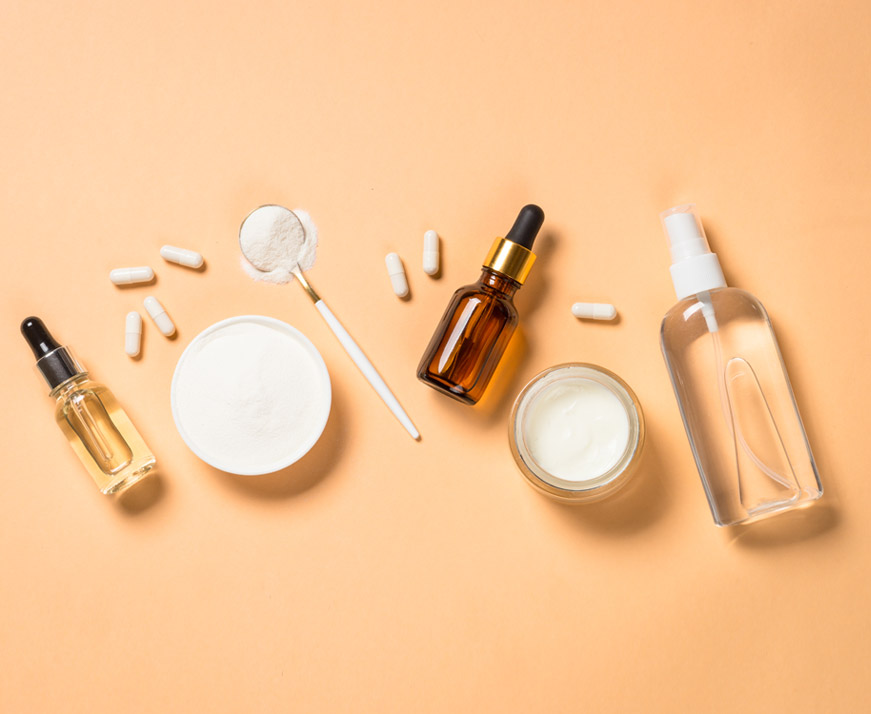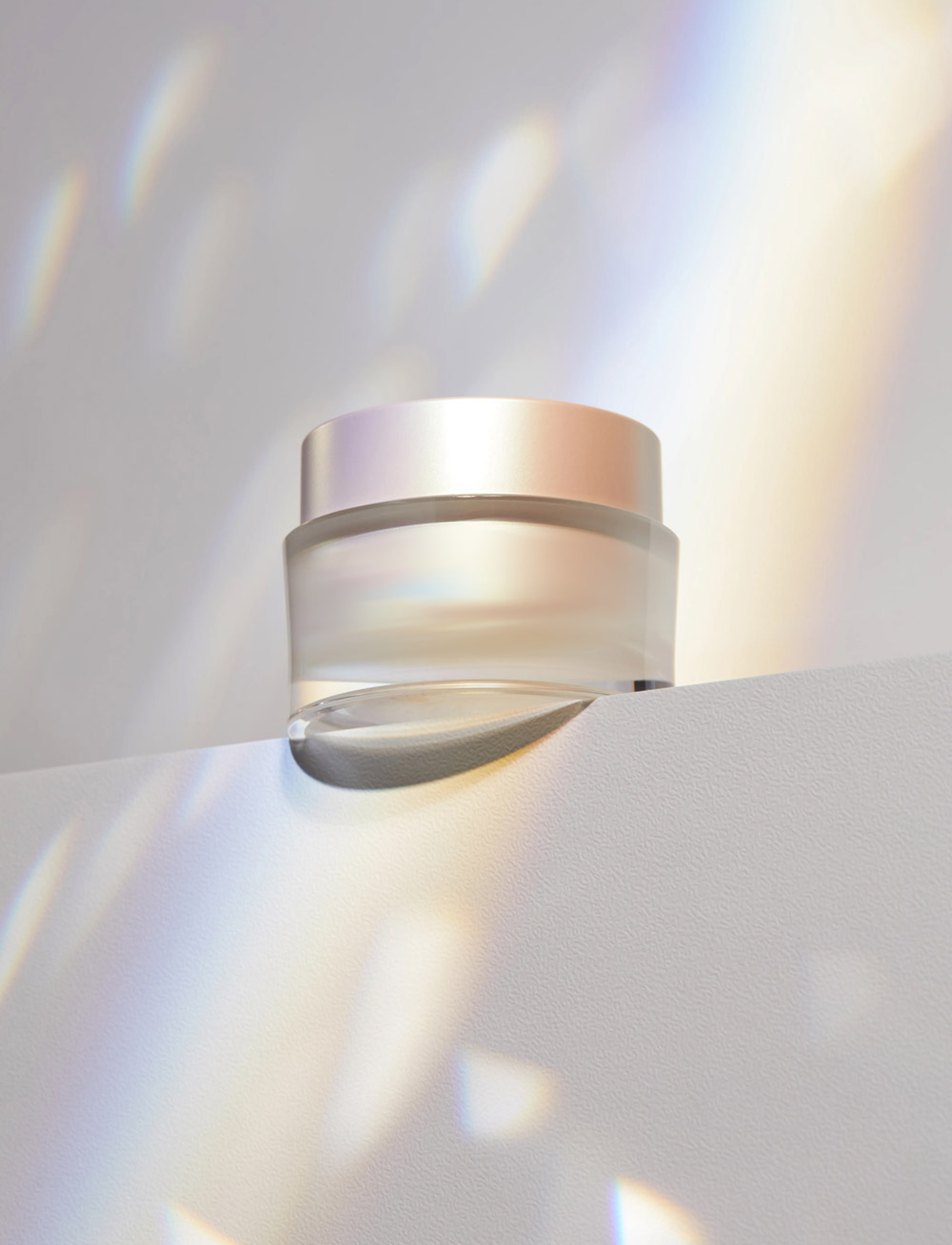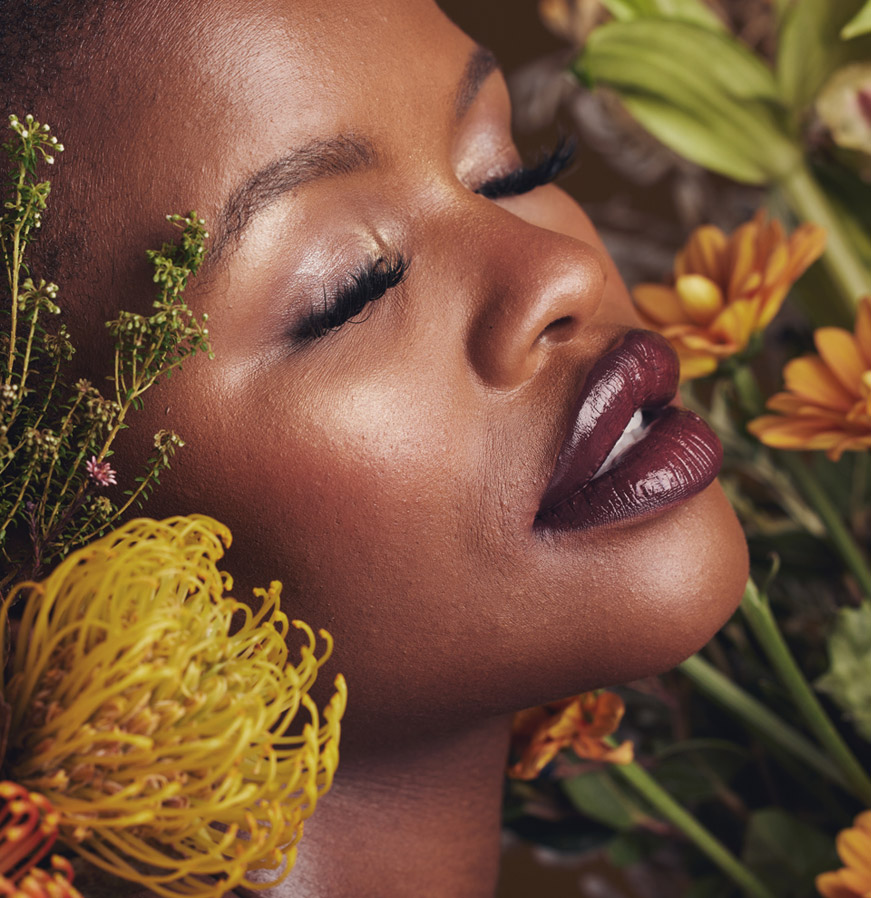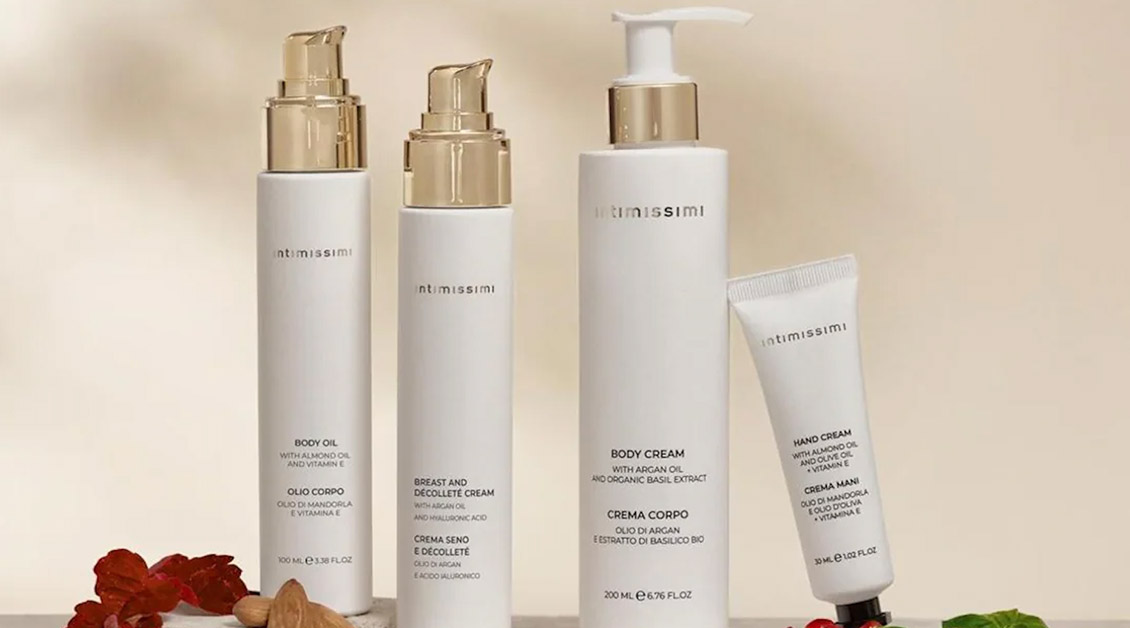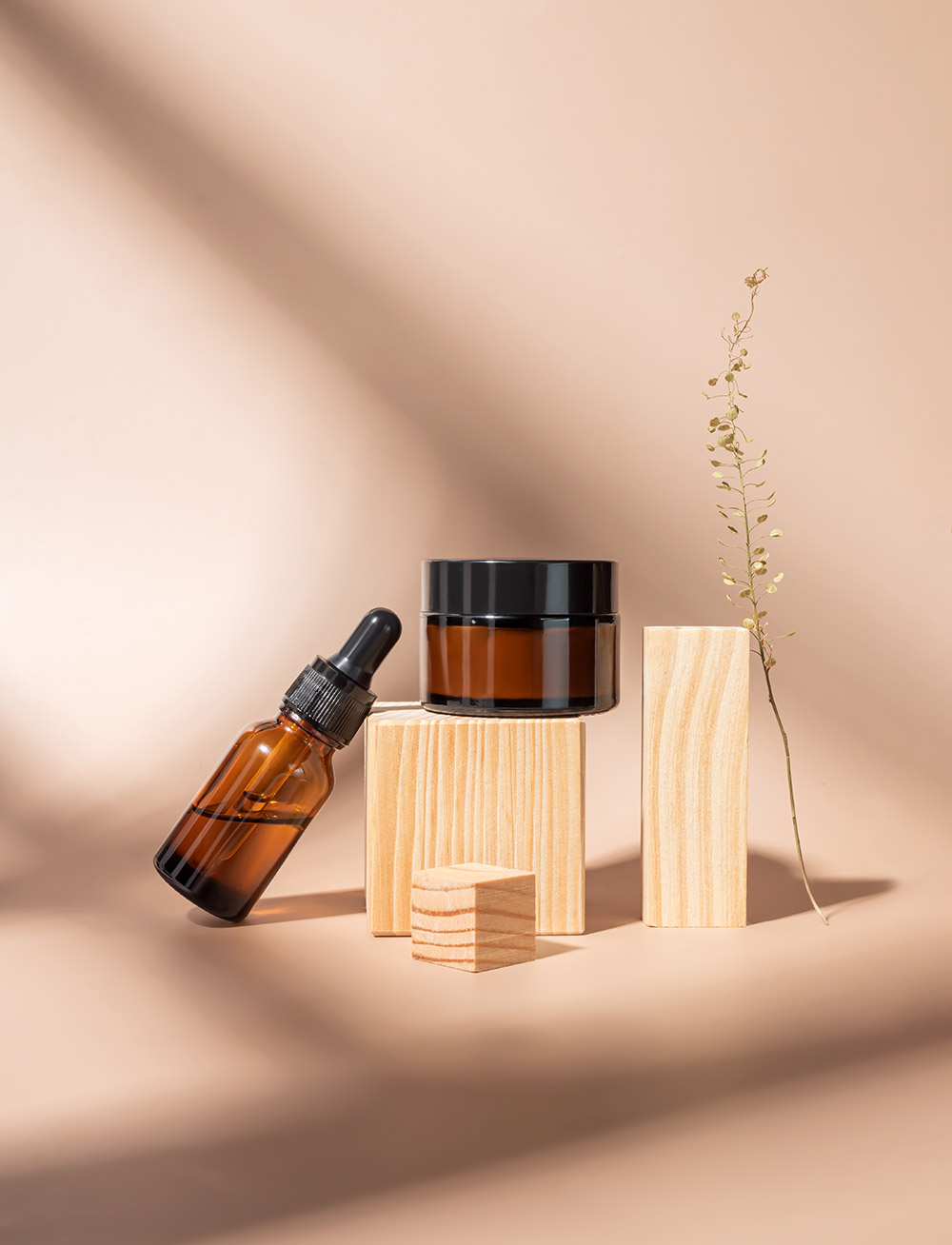Working in the cosmetics industry offers a wide range of professional opportunities.
From research and development to production, from marketing to sales, cosmetics companies require diverse skills, combined, of course, with a strong passion for innovation and beauty in everyday life.
Cosmetic companies seen from the inside
Italian cosmetics companies represent a model of excellence.
These include the brands of the Naturalia Tantum group, whose natural green cosmetics lines have won the hearts of consumers who are increasingly attentive to quality and sustainability. Among the best known brands are:
- Bioearth: pioneer in natural cosmetics, distinguished by its certified organic formulations
- Togethair: leader in hair care, colouring and styling with environmentally friendly products
- L’Amande: synonymous with tradition and craftsmanship in natural cosmetics
- Annurkap: specialising in innovative solutions for hair care and hair loss prevention
- Incarose: focused on dermocosmetics with products that combine science and beauty
- Phytorelax Laboratories: famous for its green and cruelty-free wellness and beauty product lines
- INTRA Cosmetics: reference point for quality natural cosmetics
The Naturalia Tantum group represents the best of Made in Italy cosmetics, combining tradition and innovation to meet the needs of an increasingly innovative and sophisticated market.
Who works in a cosmetics company?
Working in a cosmetics company requires different qualifications depending on the professional figure concerned.
Among the most in demand are:
- Cosmetologist: expert in the formulation and production of cosmetic products, with a solid background in chemistry and biology.
- Cosmetic laboratory technician: responsible for testing and developing new formulations, ensuring product safety and efficacy.
-
Marketing manager: analyses the market and develops strategies to promote products, collaborating with the development and sales teams.
The importance of coordination between multidisciplinary teams
Creating a cosmetics line is a complex and fascinating operation that requires many different skills and is structured in several stages from raw material selection to formulation, from market research to packaging and through regulation.
In fact, the process requires collaboration between multiple departments:
- Research and Development (R&D): cosmetic chemists work on new formulations, testing innovative and sustainable ingredients
- Production: ensures that the formulations developed are manufactured to high quality standards. This also includes guidelines related to packaging and sustainability
- Marketing and Sales: they identify market trends and promote products through targeted campaigns.
Effective communication between these teams is crucial to ensure that the final product meets consumer expectations and complies with current regulations.
The cosmetics laboratory: where ideas are born
The beating heart of a cosmetics company is the laboratory, where technicians and cosmetologists work side by side. Here, through research and experimentation processes, new formulations are created to meet market needs. Creativity, combined with a solid scientific basis, allows innovative and safe products to be developed.
For private label and co-packing, Naturalia Tantum can count on all the companies of the Group, its own research and development laboratories, and formulation and production sites in organic cosmetics and natural cleansing with San.Eco.Vit., nutraceuticals and functional integration with Natural Way Laboratories.
Do you want to create a new line of cosmetics?
Trust our laboratories and discover how to turn your ideas into reality with Naturalia Tantum’s private label service.
What does one do in a cosmetics laboratory?
In a cosmetics laboratory, research teams work on the development and testing of new formulations. The various steps generally focus on the discovery, analysis and application of innovative active ingredients to create increasingly effective and safe products.
The main objectives of these activities include:
- Optimise the release of active ingredients: develop formulations that ensure a gradual and continuous release of functional ingredients.
- Ensuring bioavailability: ensuring that active ingredients are effectively absorbed and utilised by the skin.
- Maximise skin penetration: devise solutions that allow active ingredients to reach the deepest layers of the skin, to maximise the effectiveness of, for example, growth factors.
- Calibrate doses: design formulas that contain the exact amount of active ingredient needed to achieve visible and lasting results, without waste or excess.
Working in the cosmetics industry starts here: creating innovative, effective products that are increasingly in line with sustainability and consumer needs.
Dermo-aesthetics and dermocosmetics: from formulations to products
Dermoaesthetics and dermocosmetics are specialised areas of cosmetics, dedicated to the well-being and health of the skin. Both fields are positioned between traditional cosmetics and dermatology, with the aim of improving appearance and providing functional and therapeutic benefits.
What is dermo-aesthetics?
Dermo-aesthetics deals with treatments and products that improve the quality of the skin. It addresses problems such as wrinkles, spots, acne, scars and loss of tone, integrating aesthetics and advanced knowledge for visible and lasting results.
Dermocosmetics: scientific efficacy in products
Those working in the cosmetics industry know that dermocosmetic products are developed with a scientific approach, using active ingredients that offer more than just cosmetic improvement. They act, in fact, on:
- Deep hydration: they restore the hydrolipid barrier to prevent dryness.
- Advanced sun protection: they reduce the risk of photo-ageing.
- Anti-ageing action: thanks to ingredients such as hyaluronic acid and anti-oxidant vitamins.
-
Treatment of sensitive skin: with hypoallergenic formulations to minimise possible reactions.
Working in the cosmetics industry: collaboration between dermatologists and cosmetologists
Dermatologists and cosmetologists work together to create safe and effective products. The former bring expertise on skin physiology, while cosmetologists optimise formulations to meet specific needs.
Some possible objectives in this respect may be:
- Soothe irritation in sensitive skin.
- Improve scars and dyschromia.
- Support treatments for acne or rosacea.
Sustainability and innovation: two essential values
Consumers are increasingly aware of the environmental impact of the products they buy. Companies are therefore investing in research to develop formulations with natural ingredients and eco-friendly packaging.
Technological innovation makes it possible to create effective products while reducing their environmental impact, thus responding to the needs of an ever-changing market.
As pointed out in this article, a product can only be truly green when it combines effectiveness, respect for the environment and ethical responsibility.
Two companies that are benchmarks in this field:
- Bioearth: a pioneer in the creation of certified organic cosmetics, with an ongoing commitment to sustainability and the use of recyclable materials.
-
Togethair: specialising in natural hair care formulations, with a strong focus on reducing environmental impact.
What to study to work in a cosmetics company?
To embark on a career as a cosmetics technician, it is advisable to follow a scientific course of study. Degrees in Chemistry, Biology or Pharmacy provide a solid theoretical basis. Subsequently, specialisations or master’s degrees in Cosmetological Sciences provide specific expertise in the field.
Some universities offer three-year degree courses in Cosmetological Science and Technology, which focus on training professionals in the field.
How to work in the beauty industry?
Working in a cosmetics company offers exciting opportunities for those who are passionate about beauty and science. To enter the beauty industry, in addition to academic training, it is essential to initially gain practical experience through internships or apprenticeships. Developing soft skills such as the ability to work in a team, creativity and attention to detail can make all the difference in the selection process.
Participating in refresher courses and workshops, on the other hand, is useful to keep up to date with the latest trends and innovations in the industry.


